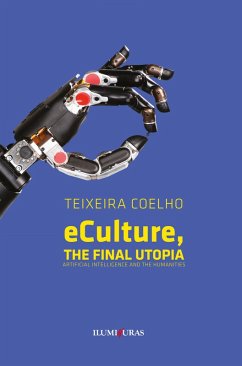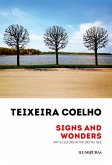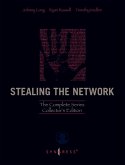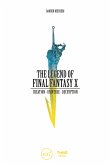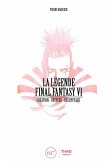Computational culture --eCulture-- has so far been considered as a set of more or less loose traits and phenomena that part of the humanity (those over 30 years old) does not try to understand ("it is too difficult to apprehend -- and besides, it works") while the other half, the younger ones, who were born inside this new culture, blanketed by it and who tend to think of it as "natural given", do not feel the urge to fully understand, neither. "Virtual reality gives me this, the algorithms give me that, what else there is to it?" eCulture, however, has become dense and rich enough to be considered as a language, with its units of meaning -- both at the level of its visible figures or significants and at the level of the meaning each one of them conveys. It is a language just as film and English are languages. If humanity does not break the code of this language as an overall and comprehensive tool to represent the world, therefore failing to use it according to its own will and needs, this new language will speak the human being, will express itself through the human being, instead of being spoken by humanity. This book suggests the way to consider eCulture as a language and chooses as an instrument of analysis a convergence between the Humanities (philosophy, arts and culture) and the "hard sciences".
Dieser Download kann aus rechtlichen Gründen nur mit Rechnungsadresse in A, B, BG, CY, CZ, D, DK, EW, E, FIN, F, GR, H, IRL, I, LT, L, LR, M, NL, PL, P, R, S, SLO, SK ausgeliefert werden.

